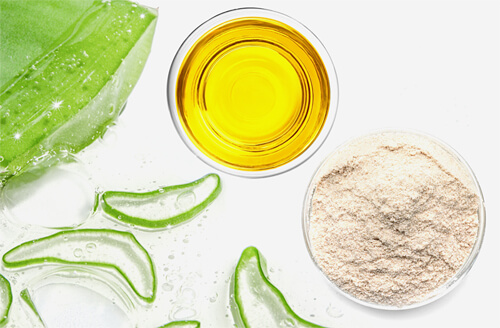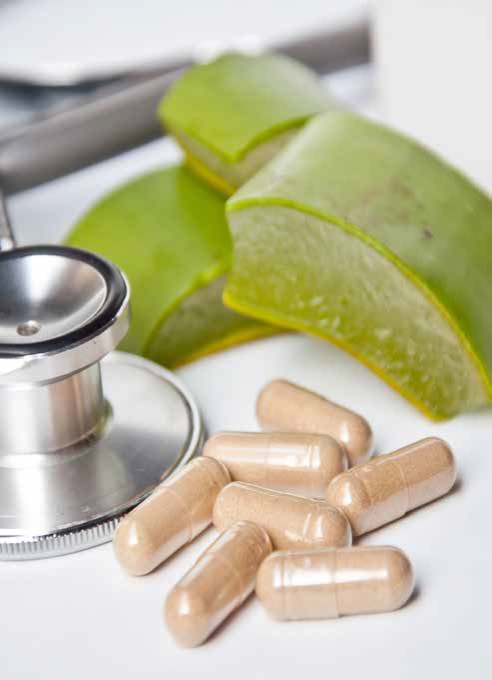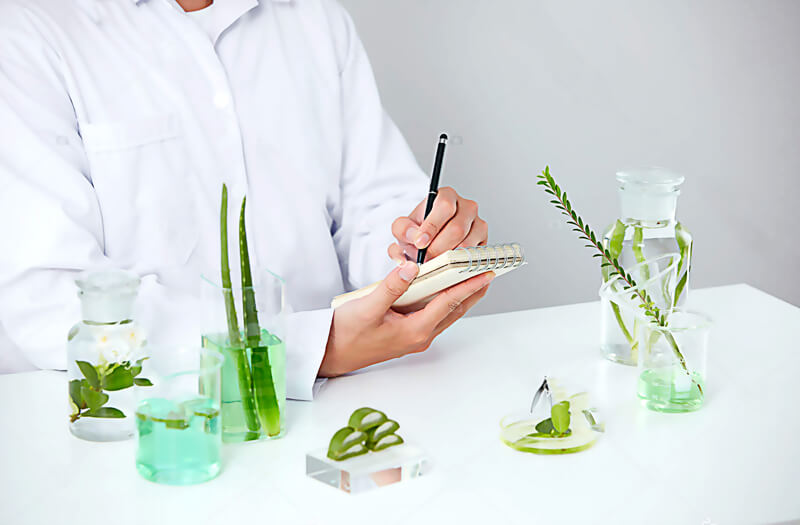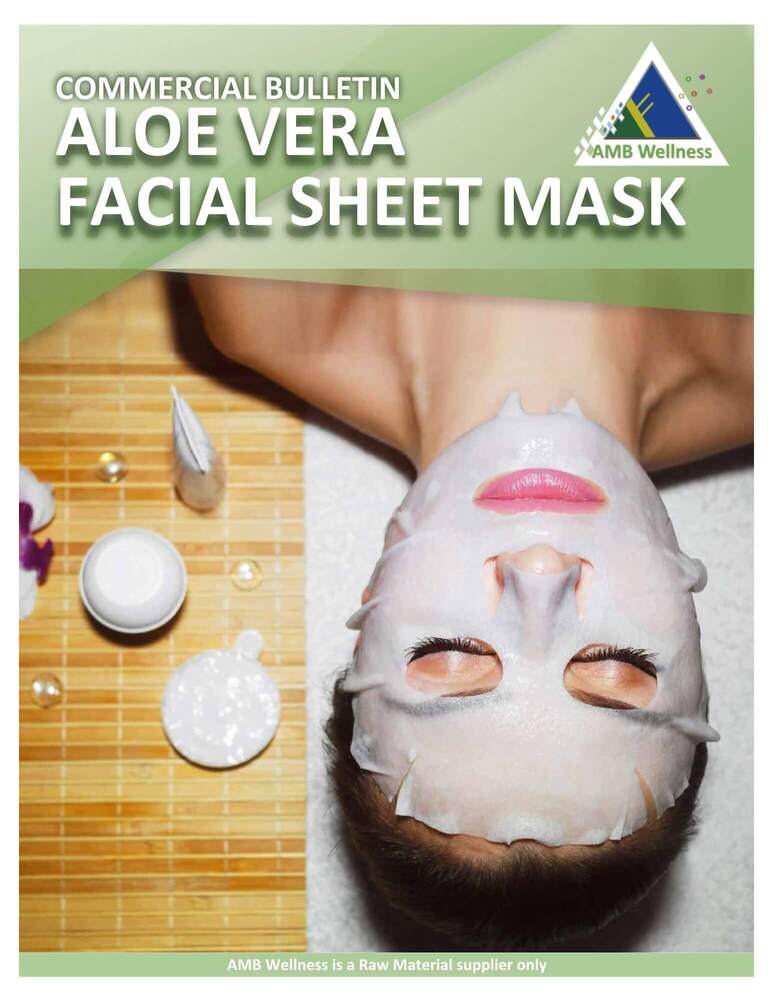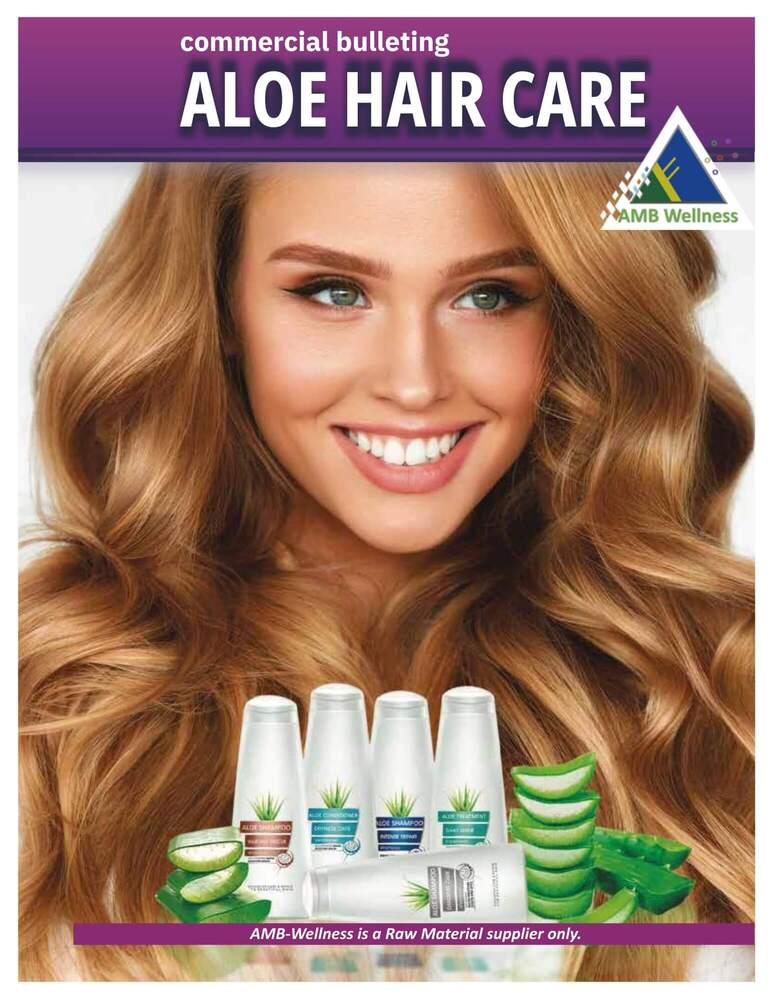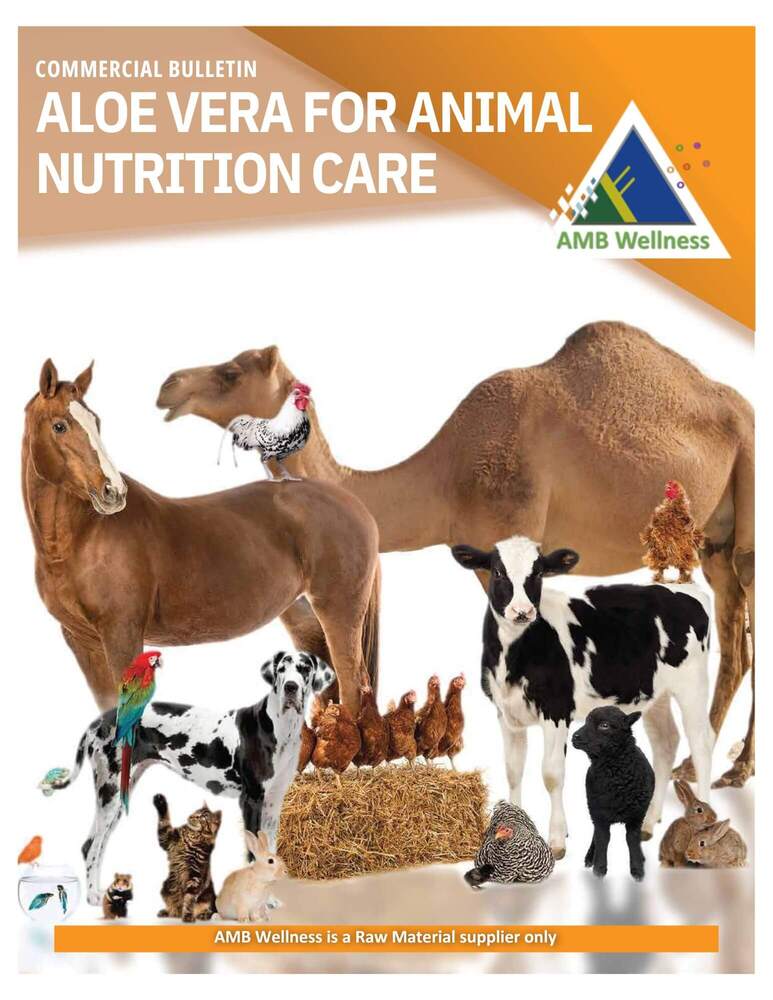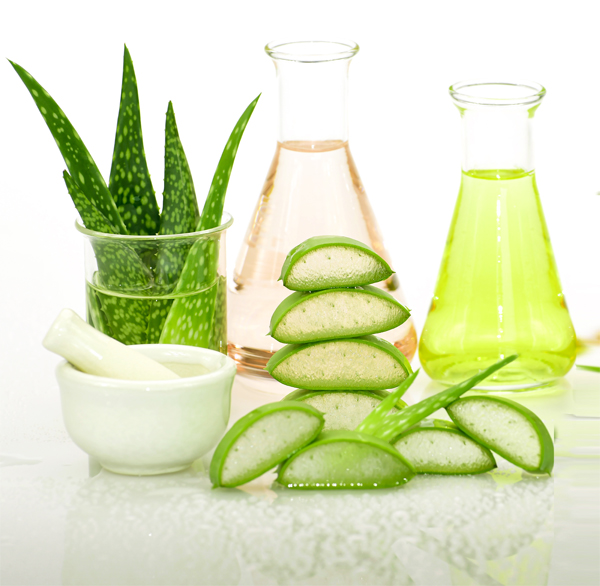Authors Narsih, 2Sri Kumalaingsih, S., 2Usinggih, W. and 2Wignyanto}
microencapsulation of Aloe vera skin powder will provide a new opportunity to improve the bioactive properties of the Phyto-component as antioxidant agent, Aloe vera (L.) skin is seldom used in food processing, Aloe vera (L.) skin contained pharmaceutical compound such as antioxidant, making it a potential source of raw materials to be processed into natural antioxidant powder, The processing of Aloe vera (L.) skin into natural antioxidant powder requires encapsulation using maltodextrin as protective compound, Tween 80 as foaming agent and low drying temperature (600C), the addition of maltodextrin as encapsulation can protect the release of nutrient components as well as protecting important compound such as antioxidant from extreme temperature, tween 80 as foaming agent help figuration of a good suspension, the drying temperature between 60-750C was the optimum best temperature in maintaining the quality of powder. Free radical scavenging activity, the antioxidant activity of Aloe vera (L.) skin powder determined using DPPH assay (%) was 88.31%, which is higher than synthetic antioxidant such as BHT (butylated hydroxytoluene) at 70.5% and ?-tocopherol at 65.65. The higher level of antioxidant activity observed in the encapsulated Aloe vera (L.) skin powder are probably due to its relative resistant to the effect of the drying temperature and the effect of encapsulation using maltodextrin and tween 80, the increase in free radical antioxidant could be due to better extractability of antioxidant component and higher level of phenolic content, phytochemicals such as phenolic content, ascorbic acid, tocopherol and pigment also contribute to total antioxidant activity and has a good correlation between the antioxidant activity and its total phenolic compound content.

